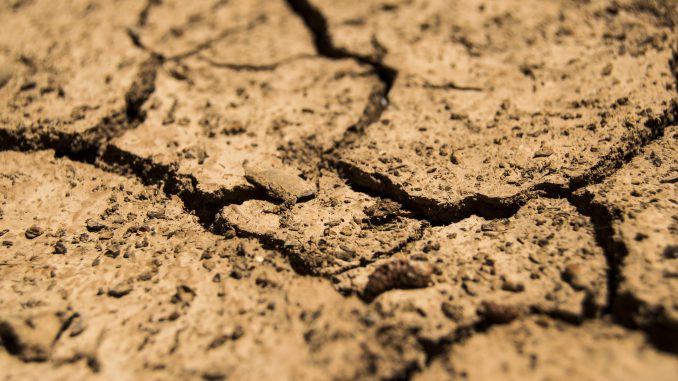
This is a device to mitigate the effects of drought and their impacts on farmers, provided by the Bank and its subsidiaries (Tamwil El Fellah) which revolves around 3 axes, says the bank. The first axis concerns the implementation of an additional envelope of 6 MMDH intended in particular for the financing of spring crops through the Product “FILAHA RABIIYA”.
It is also to contribute to the financing of the safeguard of the livestock via the Product “LAKSIBA”. In order to help the breeders to safeguard their livestock and to be able to acquire the barley (2Dhs/Kg) placed at their disposal by the services of the MAPMDREF at the level of the various souks of the Kingdom, the Agricultural Credit of Morocco will grant them credits for the purchase of cattle feed. The budgetary envelope will also contribute to the financing of the reconstitution of the dairy herd through the “GENISSES” product.
In order to remedy the current situation of dairy farms characterized by low birth rates and the prospect of reducing the number of animals, CAM will set up a specific product dedicated to the financing of the acquisition of heifers allowing the reconstitution of the dairy herd. It is also the financing of the filling of the needs of the national market in cereals and animal feed and this, in consultation with the services of the Ministry of Agriculture and according to control mechanisms and monitoring agreed with the services concerned and particularly the ONICL.
The second axis of the device is related to the treatment of the indebtedness of the farmers for their due dates to come. In order to support farmers during this difficult campaign, the Crédit Agricole du Maroc will initially set up a moratorium. For small farmers operating in all agricultural production sectors, the following automatic treatment will be applied: Postponement with a one-year delay of due dates of credits; Suspension of legal actions previously initiated. For other farmers, their debt situation will be examined on a case-by-case basis and payment facilities will be granted according to their repayment capacity.
In a second phase and to allow farmers to finance their future campaigns, a reprofiling of the debt will be studied to propose optimal and realistic solutions, says the bank. The last axis concerns the financial support of innovative investments in irrigation water, says the release, noting that CAM will implement, with the Ministry of Agriculture, Maritime Fishing, Rural Development and Water and Forests, innovative solutions to finance investments, private or within the framework of Public Private Partnership (PPP), aimed at improving access to irrigation water and reducing its cost.

Be the first to comment